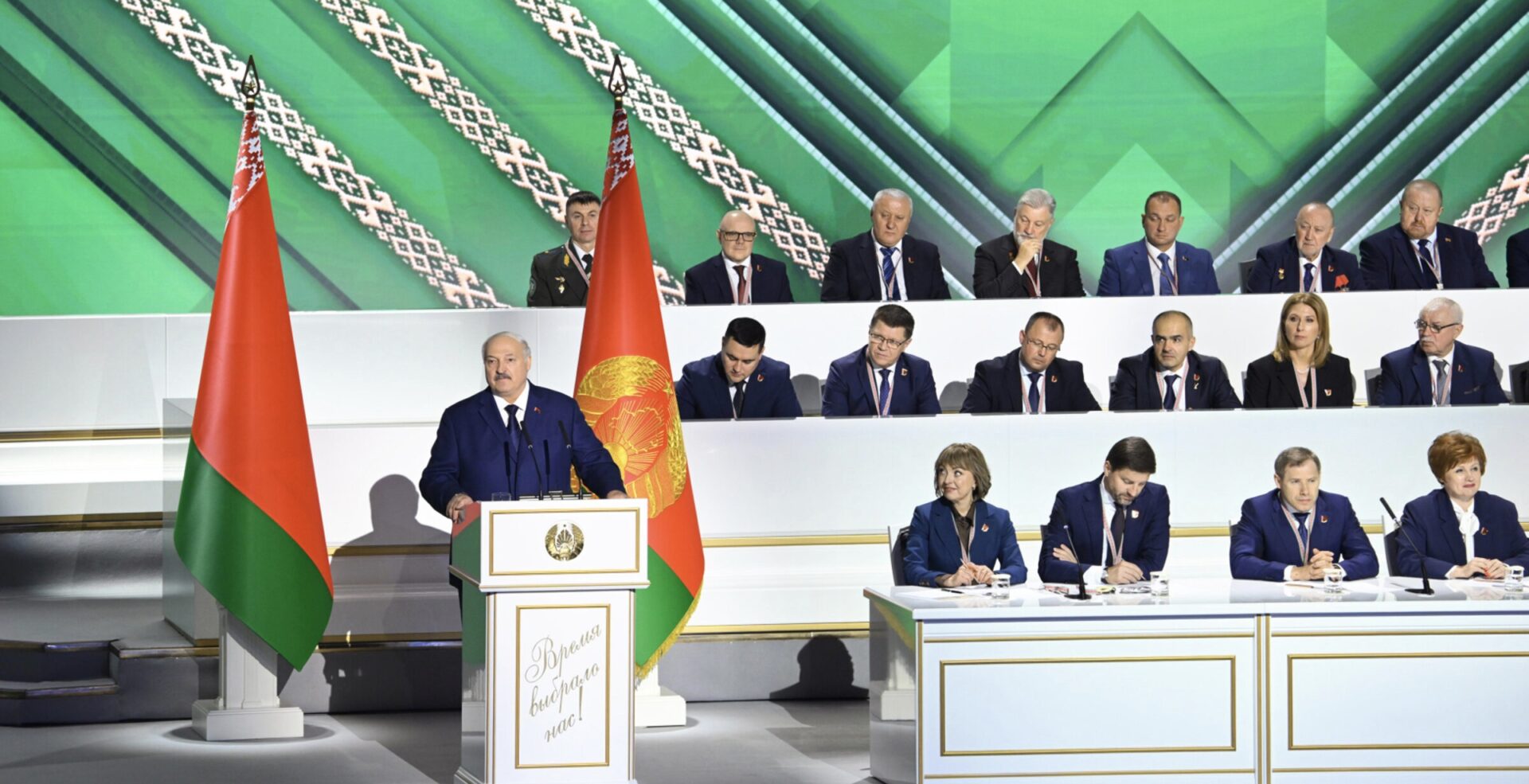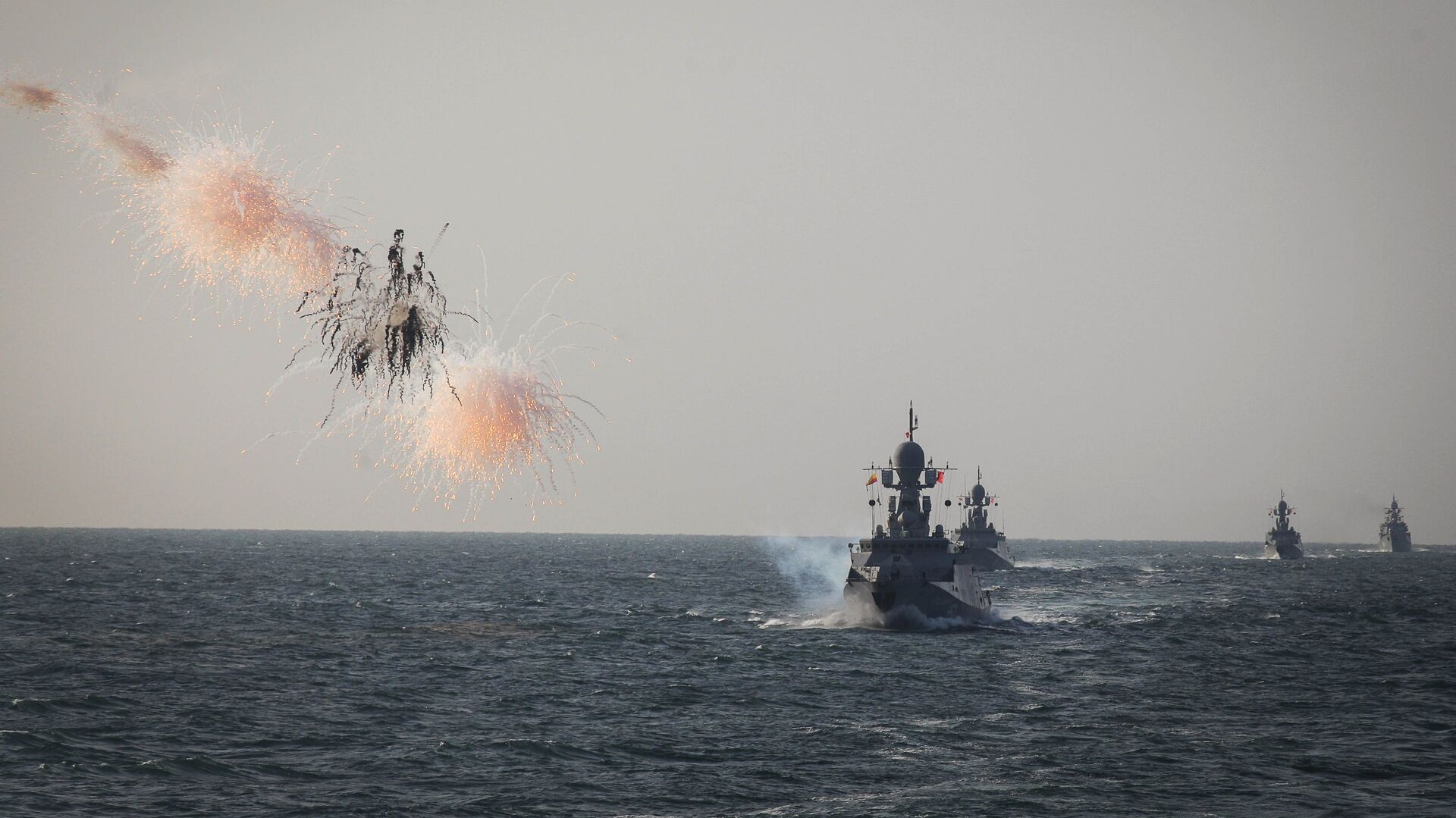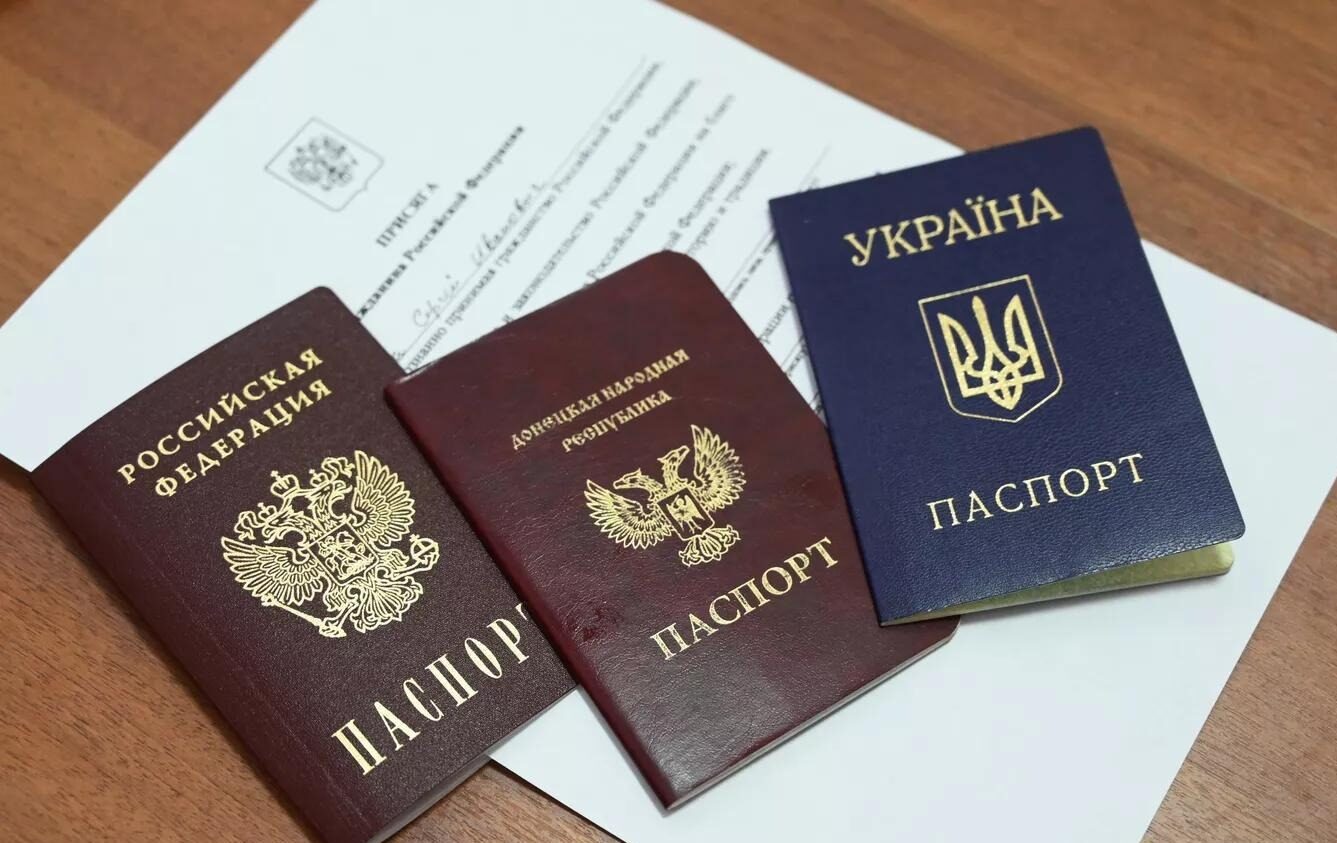
Cossacks Plan for February Meeting
Cossacks Plan for February Meeting
Executive Summary:
- The upcoming “Big Circle” (Bol’shoi Krug) meeting of Russia’s Cossack movement highlights their growing significance in Kremlin planning and national affairs, akin to the involvement of similar groups in Soviet-era politics.
- The meeting aims to unify the Cossacks around President Putin and discuss their strength as a national group. With its timing close to the elections, the meeting is also viewed as a platform to generate support for Putin’s presidential campaign.
- Holding a second Bol’shoi Krug meeting suggests that the Kremlin may have strategic plans involving the Cossack movement in the country’s future.
On February 28, in a sign of their increasing importance in Kremlin planning, Russia’s Cossack movement will hold a second “big circle” (Bol’shoi Krug) meeting in Moscow. The Union of Cossack-Warriors of Russia and Abroad (SKVRiZ) had a similar but smaller Bol’shoi Krug in November 2023 (see EDM, November 28, 2023). According to the state-run Cossacks, the first Bol’shoi Krug of the modern era was in 2018—a timing which correlates with the creation of the All-Russian Cossack Society (Vserossisskoe Kazach’e Obshchestvo, or VSKO). The only other “big circle” meeting of which this analyst is aware was the 1990 meeting in Moscow, where ancestral (genuine) Cossack activists came to press the Soviet authorities for special recognition. [1] The upcoming event is, therefore, notable—particularly on the heels of the November meeting—and may witness the ceremonial induction of the North-West Cossack host (see EDM, January 25).
The Krug is expected to host “more than 1,200 delegates, representatives of youth and social organizations, and representatives from the Russian Orthodox Church.” The event will occur on February 28 in Moscow’s Christ the Savior Church (Kazachestvo.ru, January 31). A preparatory meeting of the council of Cossack Atamans also took place via videoconference, where guests included the Atamans of the 13 Cossack districts in Russia, the secretary of the Presidential Council for Cossack Affairs, Aleksei Krichenko, and priest Timothy Chaikin. After its opening with a prayer, Vitaly Kuznetsov, the new Cossack ataman (chief), described the goal of the meeting: “Today it is time for all of us to talk about the strength of the Cossacks, about the unification of the Cossacks around our national leader, our president. This is one of the fundamental goals of this event” (VsKO.ru, January 31). On Telegram, Kuznetsov advertised the event, declaring: “Today we live in a critical historical moment! The time of the strong has come, and the Cossacks have become so! Cossacks are fighting heroically on the front line! It is time to unite around our president! Support his candidacy in the upcoming elections! … To all I wish a common victory!” (Telegram.me/Kazachestvo, January 27). The temporal proximity of the Bol’shoi Krug to the presidential “election” in Russia is itself revealing of the importance the regime places on the Cossack movement as loyal foot soldiers. At least part of the rationale for the timing of the meeting must be the enthusiasm they will generate for Russian President Vladimir Putin’s electoral campaign.
There is also the matter of the 10-year anniversary of the annexation of Crimea, which will take place in March 2024. According to an interview with the leader of the Black Sea Cossack Private Military Company (PMC), Vladislav Motuzok, the “rebirth of the Russian Cossacks in Crimea began in 2014.” While the Black Sea Host existed under the Ukrainian authorities, it had a “miserable existence,” as the administration “did not welcome such organizations, even in a public form, regarding the Cossacks to be a threat to themselves.” Everything changed, however, with the transfer of Crimea to Russia, and “in Fall 2018, the Black Sea Host was formed, or more correctly, revived.” Moreover, the Black Sea Cossacks went to war rapidly, and “there are already three battalions that have gone to service in the zone of the special military operation” (Kazachstvo.ru, February 1).
Another explanation of the timing is the scheduled opening of a new Cossack museum in central Moscow in April. Putin ordered the museum’s establishment in April 2021, along with the creation of a new interactive video display concerning the history of the Cossacks (Portal-kultura.ru, April 27, 2022). The Cossacks have been particularly active in working with youth organizations and discussed supporting the national organization “Movement of the First” as a part of the Bol’shoi Krug. The movement contains “more than 4.7 million people. Over 40,000 primary offices work regularly in 89 regions.” The questions discussed included how the two groups could help one another to promote the fundamental values of patriotism, historical memory, and serving the Fatherland (VsKO.ru, February 7). Such a meeting speaks volumes about the increasing role of Cossacks in everyday Russian life.
Cossack organizations are also preparing for the Bol’shoi Krug at the regional level. Krasnodar Krai—perhaps the most pivotal region for the national movement and origin of the host [Kuban] of founding Ataman Nikolai Doluda—had a meeting about preparations for the event. The vice-governor, the Ataman of the Krasnodar regional host, Aleksander Vlasov, and a representative of the legislative assembly, Andrei Gorban, discussed preparations with Kuznetsov via video conference. Vlasov stated that “in the delegation from the Kuban host, there will be 100 Cossacks and Atamans from Krasnodar Krai, Adygeya, Karachevo-Cherkassia, directors of cadets corps, representatives of the union of Cossack youth organizations in the region, and host leaders” (Kubanskie Novosti, January 31). Likewise, the Bol’shoi Krug is advertised on the respective websites of the Yenesei Cossacks, the Black Sea Cossacks, the Terek host, and presumably others (Terkv.ru, January 27; Vko-chkv.ru, January 31; Evko.rf, February 1). The second Krug may indicate what role state-registered Cossacks play in the Kremlin’s plans for Russia’s future.
Notes:
[1] Derlugian & Cipko, 1997, “The politics of identity in a Russian borderland province: The Kuban neo‐Cossack movement, 1989–1996” Europe-Asia Studies


